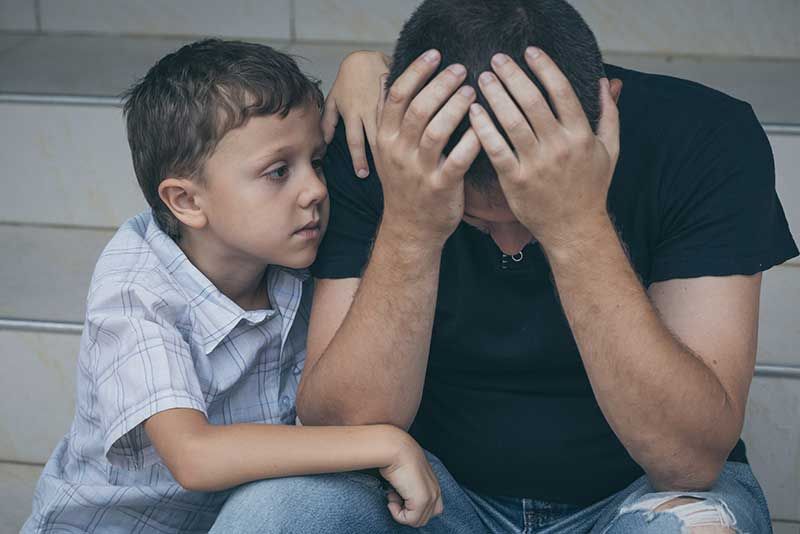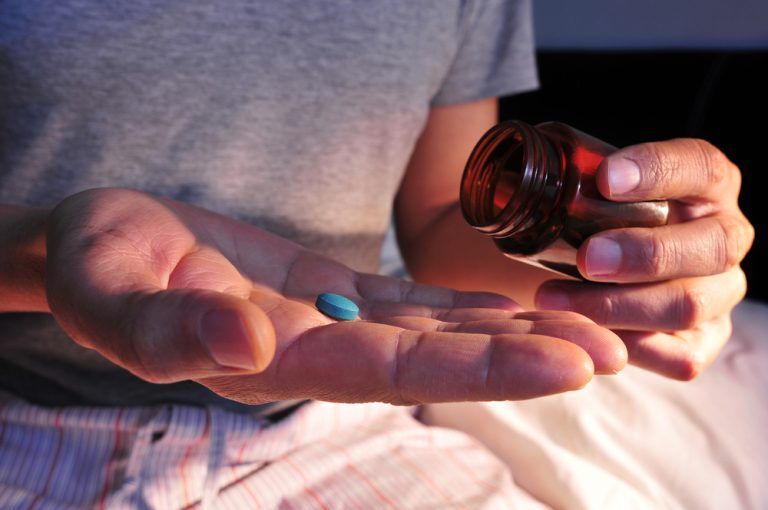How Addiction Affects Your Family
Advance Minds Blog
A safe space to explore subjects within the community such as mental health, substance abuse and personal identity.
Our safe space also provides the opportunity for real individuals to express their hardships and success through writing.
How Addiction Affects Your Family: Understanding the Impact

Addiction is not just a personal battle, it has far-reaching effects on loved ones, especially family members.
Whether it’s alcohol, drugs, gambling, or any other form of addiction, the consequences are often felt deeply by those closest to the individual struggling with substance abuse or behavioral addiction.
Emotional and Psychological Effects on Family Members
💔
Trust Erosion
Addiction often leads to broken promises, lies, and untrustworthy behavior. Family members, especially children and spouses, can feel betrayed, leading to a deep sense of
loss of trust that’s hard to repair.
😢
Emotional Distress
The emotional toll of living with someone who has an addiction can be overwhelming. Family members may experience a range of emotions, including
anger, frustration, sadness, shame, guilt, and anxiety. This constant emotional strain can lead to mental health issues like depression or stress-related disorders.
💔
Codependency and Enabling
In some cases, family members unknowingly become enablers, taking on excessive responsibility to protect or cover for the addicted individual. This behavior, known as
codependency, often results in unhealthy relationship dynamics and prolongs the addiction cycle.
Physical Effects on the Family Dynamic
🏠
Instability and Chaos
Addiction can create a chaotic and unpredictable home environment.
Financial instability, neglect, and constant emotional turmoil can make it difficult for family members to feel secure. Children, in particular, may be impacted by this unpredictability, leading to anxiety, poor school performance, and relationship issues.
💰
Financial Strain
Addiction often leads to spending sprees, financial mismanagement, and sometimes even illegal activities to fund the addiction. This puts immense pressure on the family unit, leading to
debt, loss of assets, and sometimes homelessness.
👨👩👧
Breakdown of Family Roles
The person struggling with addiction may fail to fulfill their responsibilities, whether it’s being a provider, a caregiver, or a partner.
This can force other family members to take on more than they can handle, leading to burnout and resentment.
Long-Term Impact on Children
👶
Emotional Trauma
Children raised in homes where addiction is present may suffer from emotional trauma, developing low self-esteem, anxiety, and attachment issues. They may grow up feeling abandoned or neglected, even if the addicted parent is physically present.
👫
Impaired Relationships
Kids from these environments may struggle with their own relationships, either mimicking unhealthy behavior or failing to develop trust in future relationships due to the lack of healthy examples.
How Therapy and Treatment Can Help Families
💬
Family Therapy
Family therapy can help repair the damage caused by addiction by addressing unresolved emotional issues, improving communication, and rebuilding trust. Therapists work with the whole family to help them understand addiction as a disease, not a choice, which leads to better coping strategies.
💡
Breaking the Cycle
Therapy helps family members recognize codependent patterns and learn how to set healthy boundaries while offering support to the addicted individual. This creates a healthier dynamic and prevents the cycle of addiction from continuing.
Final Thoughts
🔑 Addiction is a family issue, not just an individual one.
The effects of addiction extend far beyond the person struggling with substance abuse, impacting everyone they love.
Understanding how addiction affects your family and taking steps toward recovery and healing is vital.
🌟 With the right support and commitment, families can rebuild trust, heal emotional wounds, and break free from the chaos addiction causes.
















